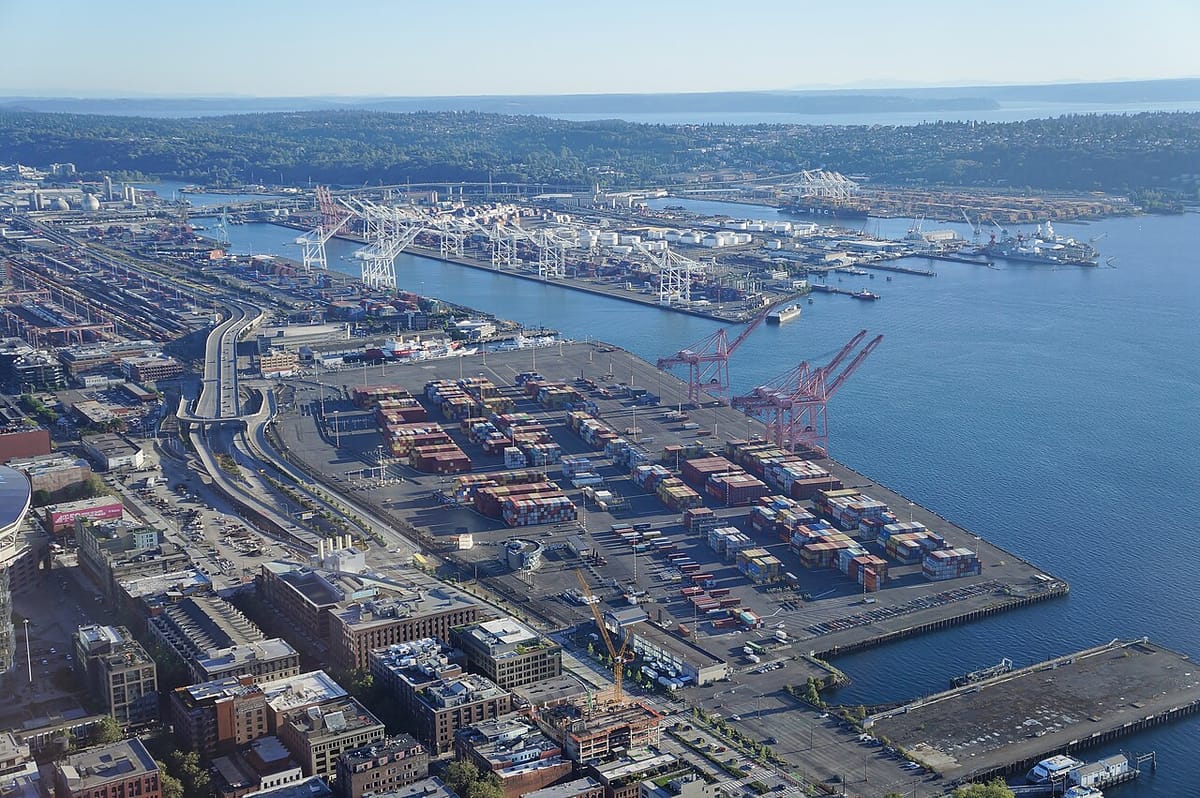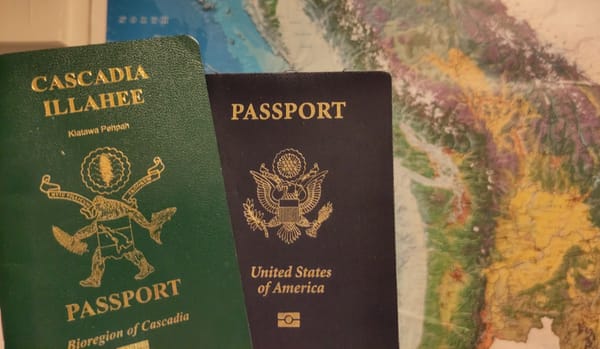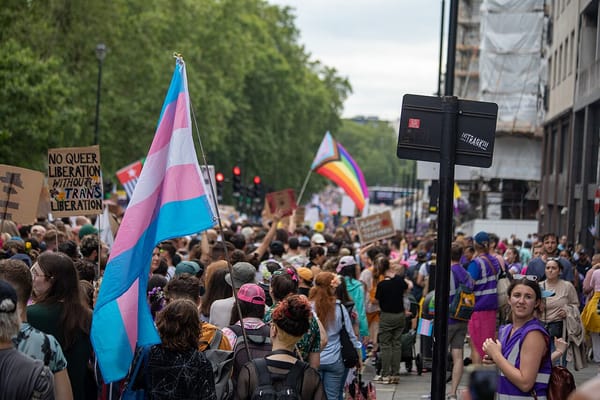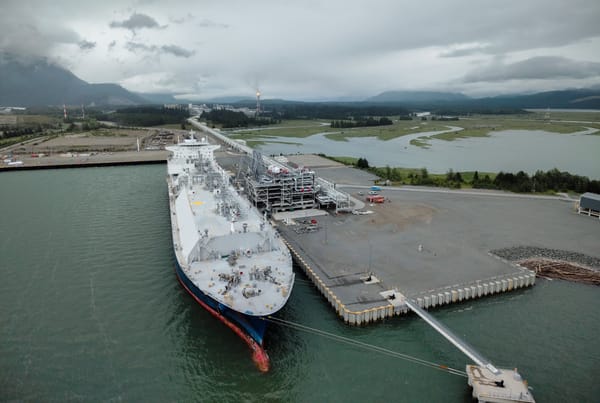Daily Digest: Trump tariffs tossed, BC fast tracks mines, ICE imprisons family for a month

Good morning! Here's your daily collection of news and arts from across the Cascadia bioregion to help you get through our descent into fascism. If you like what you're reading, please help me out with a subscription of just $5 a month. Still short of my goal and only a few days left in May. Thanks!
Court rules in favor of Oregon in tariff case
In good news for trade-dependent Cascadia, a panel of federal judges in the US Court of International Trade threw out nearly all of the new tariffs Trump imposed on imports since April in a case brought by Oregon and 11 other states, Oregon State Standard reports. Exports account for $58 billion of Washington's $807 billion economy, and $34 billion, or 10 percent of Oregon's economy. If Trump continues to ignore or defy the courts, perhaps it's time for the Cascadia business community to seriously discuss the benefits of independence.
BC narrowly passes "fast track" for mines, dams
Over vociferous opposition from environmentalists and First Nations, the BC legislature yesterday narrowly passed Bill 15, which would allow the province to approve large infrastructure projects with little Indigenous input. Though the ruling NDP says the bill would fast-track schools and hospitals, it also means resource extraction projects like mines, dams and LNG projects will also require less consultation with First Nations. In related news, the ruling NDP said British Columbia will speed up mining projects, despite pushback.
Seattle just rezoned the whole city – sort of
The Urbanist reports that the Seattle city council voted to allow four homes on all lots in the city – to comply with a law passed by the Washington legislature in 2023. Now come the hard part of legislating other compliance with this and other state laws recenly passed by the legislature. Sightline has a good re-cap of the housing, land use, and parking reforms passed in Washington this year. The Urbanist also talks about Washington's first "shared streets" law that allows cities to set speed limits below 20 mph and allow pedestrians to legally share streets with cars. Meanwhile, the Terner Center at UC Berkeley reports that Portland and Seattle are leading the nation in building dense housing in walkable neighborhoods.
Family detained in horrible conditions at ICE facility
OPB reports that a family from southwest Africa, including a pregnant woman, was held in a one-room, windowless cell at a detention facility near the US-Canada border in Blaine for nearly a month. The ACLU said the family faces persecution in their home country. Meanwhile, immigrant rights groups have warned green card holders to be cautious about travel through Sea-Tac airport, where detentions for minor issues are on the rise. And the Trump administration is making noises about stepping up searches on the US-Canada border looking for fentanyl – even though the latest data show seizures there were about 6 kilos, as opposed to more than 300 kilos on the US-Mexico border.

What are your favorite Cascadia bands?
If you haven't yet read it yet, check out yesterday's feature on my picks of the best bands currently working in Cascadia. Did I forget one? If you're on Bluesky, add a comment to my post:
Who are your favorite currently active bands from #Cascadia? Here's my shortlist. 🧵— Andrew Engelson (@andyengelson.bsky.social) May 28, 2025 at 4:52 PM
--Andrew Engelson





